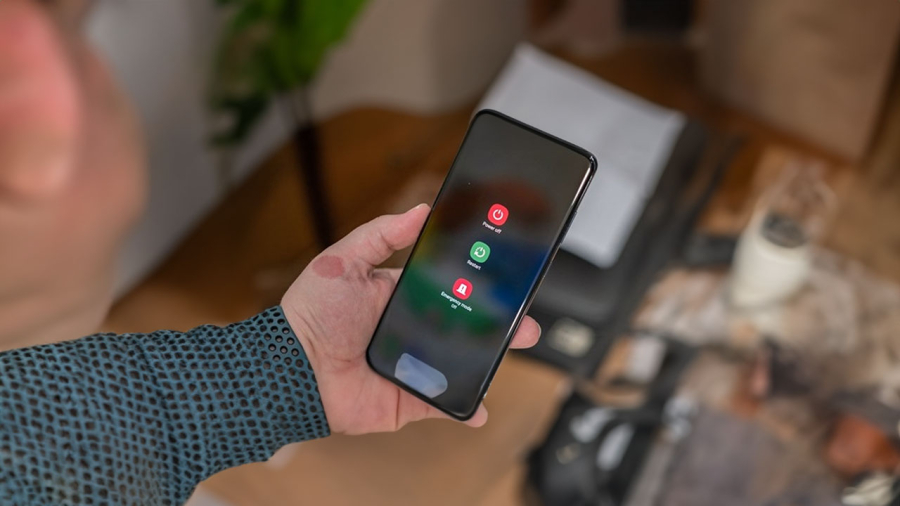Smartphones have become an indispensable device for many people. They not only serve for making phone calls and connecting with others but also provide many conveniences such as taking photos, recording videos, and tracking health.
However, technology crimes are increasing, and thieves are using smartphones to steal data, causing inconvenience and threats to users’ lives. Therefore, protecting the rights, privacy, and safety of smartphone users is essential.

Turning off and restarting your phone daily helps protect you
According to expert Priyadarsi Nanda (Australia), many smartphone users are not aware that some apps may be running in the background. Turning off your phone regularly can prevent or force the shutdown of spyware or other malicious software that is running in the background. This helps you avoid technology crimes. The US National Security Agency (NSA) has also recommended that users turn off and restart their phones at least once a week. This practice helps protect your personal privacy, prevents information theft, and preserves your privacy.
By turning off your phone for 5 minutes every day, you can hinder technology crimes and disrupt their activities on tracking software. This makes it harder for them to achieve their goals, while you are protected.

Turning off your phone daily helps extend its lifespan
As your phone gets older, it accumulates more storage capacity and information in the cache memory. Therefore, turning off your phone helps release RAM space better. This helps the phone use its memory more efficiently, making it more stable and avoiding glitches. Clearing the cache memory also improves other functions such as taking photos and recording videos.
Furthermore, turning off your phone also helps prevent overheating, making it more durable. If you never turn it off, the background apps will overload the phone, causing it to shut down quickly, drain the battery, and overheat. Therefore, technology experts recommend turning off your phone for about 5 minutes before restarting it to clear the phone’s cache memory and close any background apps.
Turning off your phone daily helps improve network connectivity
Turning off your phone daily helps improve network connectivity. It’s normal for the phone to lose connection to the mobile network at some point, so restarting it will force it to reconnect and establish communication. Experts have advised users to turn off their smartphones at least once a week. However, simply turning it off and on again is not enough. It’s better to turn it off for about 2 minutes before turning it back on. This “rest” period will help improve the performance of the phone and also benefit the battery.
Tips for enhancing information security on your phone, preventing data leaks even when lending it to others
Passing your phone to someone else can be a cause of concern for many people, as the fear of prying eyes looms. However, if you are aware of the following tips, feel free to hand it over without worrying about any privacy breaches.





































